16 Foods Preppers Should Always Keep In Their Pantry
It’s impossible to know exactly when a natural disaster will hit or how severe conditions will be. A blizzard or hurricane could knock out the power for several days, make roads impassable, and isolate you from neighbors, stores, and other resources. That’s why it’s important to be prepared with a sufficient stockpile of nonperishable foods and water so that you can weather conditions safely.
When thinking about what types of items to stock up on, focus on basic necessity over flavor and preferences. In an emergency, you need to maximize calories and nutritional intake. That said, with proper planning, you can enjoy a nice spread while guaranteeing survival.
In an emergency, your body requires different fuel than it does during your regular life. It’s good to assume that you will be expending more energy than usual and will have access to less food overall. You’ll need to ration your food to preserve your supply. For that reason, you will need protein dense, high energy foods that are rich in nutritional content. So, pack high quality foods with a long shelf-life that will provide nutrients and fiber to keep you going.
It’s a good idea to itemize the foods you stockpile to keep track of what you have and when it expires. Keep your food as fresh as possible. The last thing you want is to open your bugout bag during a storm and discover rusty cans or moldy crackers. Every 6-12 months, check expiration dates and replenish your stores. And don’t forget to stash a can opener – canned goods are useless if you can’t get to them.
Keep these 16 items on hand at all times.
Nuts and nut mixes
Nuts are incredibly nutritious, loaded with protein and healthy fats. They are also convenient, mess free, and tasty. Opt for vacuum sealed packages to maintain freshness. Include other packed goods, such as pumpkin or sunflower seeds, to make your own nut mix.
Peanut or almond butter
Just like with whole nuts, ground nuts in the form of nut butters are a terrific source of protein and healthy calories. In addition to being an effective source of energy, nut butters can go a long way towards livening up emergency meals. Most have a long shelf life and do not need to be refrigerated after opening.
Granola or power bars
Granola and power bars are incredibly convenient. Portable, tasty, and filling, they usually stay good for at least 6 months and provide necessary carbohydrates, a much-needed source of energy.
Dried fruit
In an emergency, you will probably not have access to fresh fruit, but dried fruit will suffice as a handy substitute. Most fruits can be found dried and vacuum packed so give yourself a nice selection to choose from. Dried fruits can provide dietary fiber and potassium. Some fruits you might want to include in your survival kit include mangoes, raisins, prunes, cranberries, apricots, and apples.
Canned meat
While beans and rice are a good source of protein, meat is a complete protein all on its own. There are many options. Tuna, salmon, chicken, and turkey all come canned and can be purchased at most grocery stores. Canned meats have a remarkable shelf life of at least 2 years. Vacuum packed, aseptic pouches have a shorter shelf life of about 6 months.
Canned soup
Canned soup is a complete meal that can be eaten directly out of the can. Different soups offer a variety of nutrients. Add some chili into the mix for the protein and substance.
Canned vegetables
A self-explanatory item, canned vegetables are a must-have item that provides essential nutrients when fresh vegetables are not available. Canned peas, carrots, green beans, or a vegetable medley can be eaten as is or mixed in with canned soup or even canned meat.
Crackers
Crackers serve as an excellent substitute for bread. Plain crackers have a longer shelf life than whole grain, but whole grain crackers offer additional nutritional benefit. Either way, seal them tightly to prevent moisture from getting in. They make a tasty and nutritious snack when eaten with nut butter.
Cereal
Cereal provides carbohydrate and protein. Include granola or a multigrain variety and a rubber band or clip to seal the package after opening.
Powdered milk
If you lose power, fresh milk will not be an option, but powdered milk is a good substitute to provide calcium and vitamin D. Alternatively, a nondairy milk such as almond, coconut, or soymilk will get you through. Choose a vitamin fortified variety in a shelf-stable, aseptic package.
Salt and pepper
Salt and pepper take up very little space and can help you make survival fare more appealing. Plus, salt is a vital nutrient.
Vinegar
When you think of survival food, vinegar probably is not the first thing that comes to mind, but vinegar, especially apple cider vinegar, is a staple of pioneer living for a reason. Its health benefits are manifold. Its antibiotic and antiseptic properties alone make it worth keeping on hand. It’s also a highly nutritious, natural detoxifier.
Incredibly versatile, apple cider vinegar should be on your list of long-term emergency supplies. Vinegar is an acetic acid with antimicrobial properties produced from fermentation. In addition to being a nutritional asset, it is medicinal.
Honey
Did you know that honey never goes bad? It has an infinite shelf life and versatile applications. Choose local honey for its anti-allergen benefits. Honey is mildly acidic, which inhibits bacterial growth. In addition to being antibacterial, it is also antimicrobial. Honey is an immune system and energy booster. It acts as a cough suppressant by soothing inflamed membranes in your throat and promotes overall healing. Other medicinal applications include topical wound care and natural moisturizer and lip balm. Last but not least, honey is delicious; it is a mood elevator.
Multivitamins
Despite your best efforts, your survival diet will most likely exclude key nutrients normally consumed on a daily basis. Include multivitamins to cover your bases.
Bottled water
A good rule of thumb is to include at least 1 gallon of water per person per day. About half of that gallon will be for drinking, the other half for adding to food and washing. Stock a 3 day supply of water.
Bottled sports drinks
Choose a variety that includes electrolytes. Between the fluids, electrolytes, and carbohydrates, sports drinks provide necessary hydration and benefit when access to fresh water is unreliable.
 Home and Gardening Ideas At home and Gardening ideas we believe inspiring readers about homesteading, self sufficiency
Home and Gardening Ideas At home and Gardening ideas we believe inspiring readers about homesteading, self sufficiency
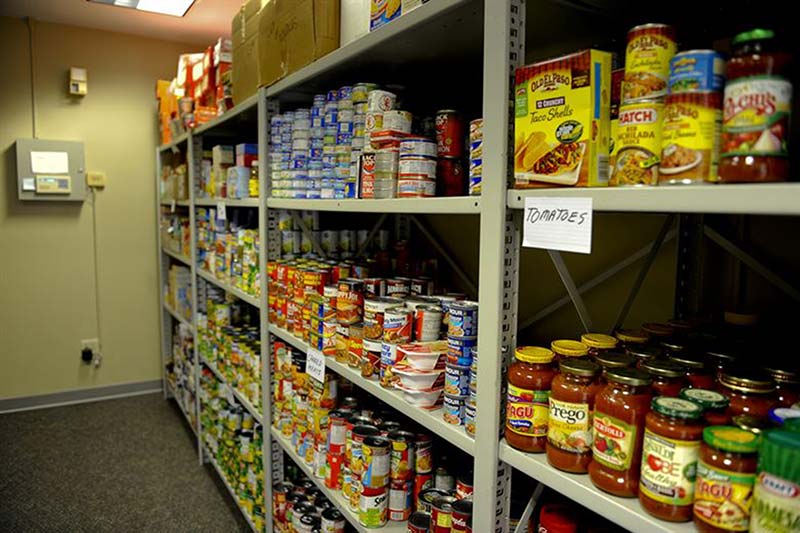
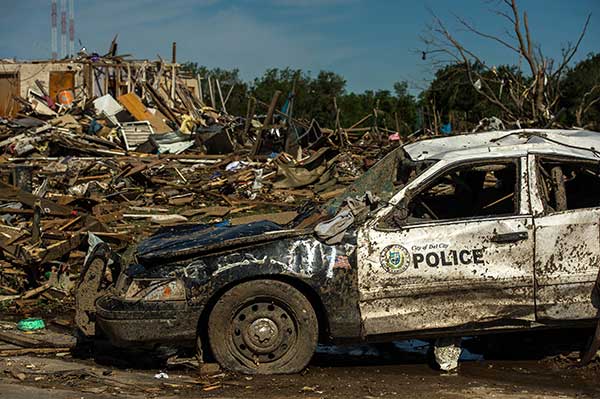
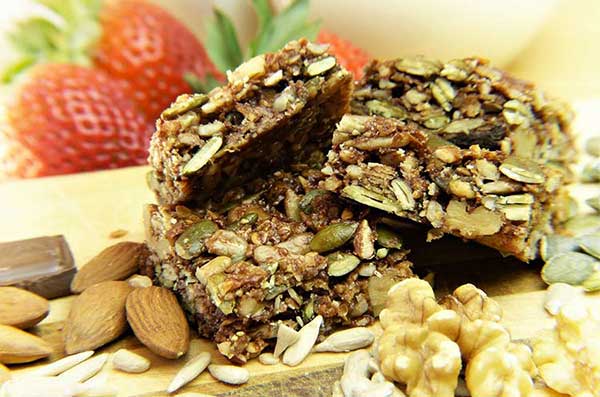
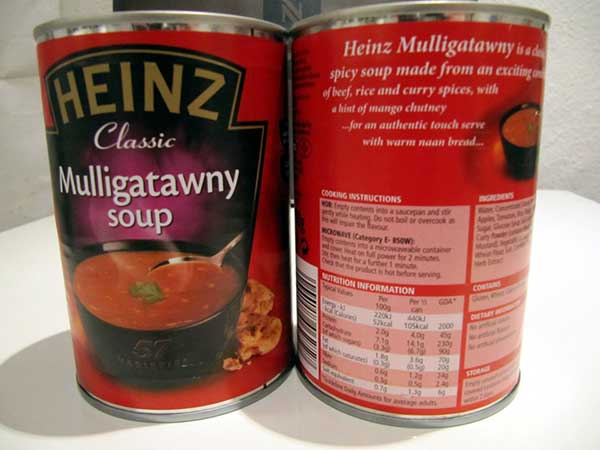
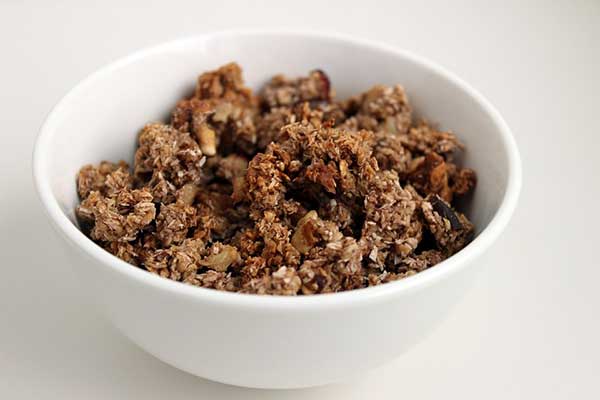






Something I was thinking about instead of dried fruit. Canned fruit pie filling. Almost as tasty as a real pie and almost as nutritious as real fruit. And who wouldn’t want a hot apple pie in an emergency?